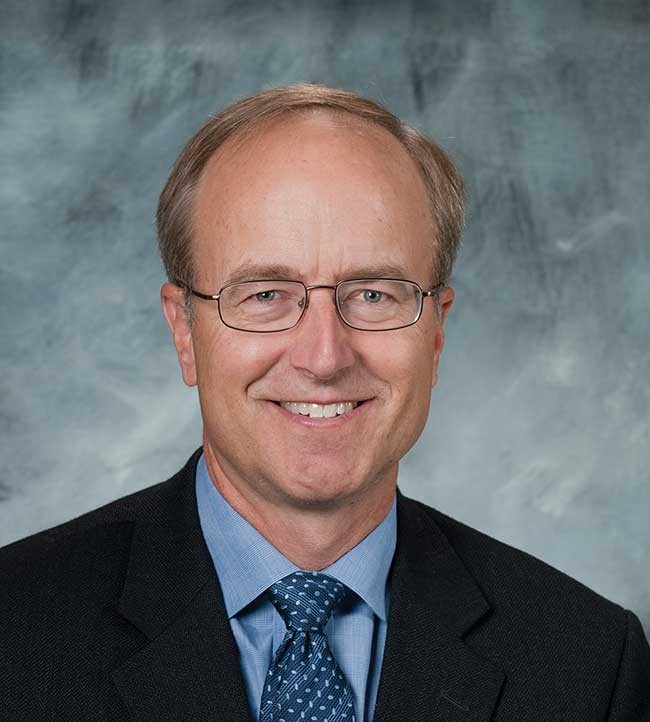Events
Silicon Photonic Integrated Circuits
11 February 2021
Eastern Time (US & Canada) (UTC -05:00)
Silicon photonics has become a mainstream technology for high volume, low cost manufacturing of photonic devices and integrated circuits for a wide variety of applications. These include optical transceivers for datacom and telecommunications, navigation including LIDARs and gyroscopes, biomedical sensors including lab on a chip, analog transmission for military and space applications and precision timing and optical clocks. Silicon photonic foundries exist on three continents with volumes in the millions of units per year. Laser integration on silicon has been commercialized using heterogeneous integration and prospects look good for epitaxial lasers on silicon. Here John Bowers will give an overview of recent research in the area and prospects for future results.
Silicon photonics has become a mainstream technology for high volume, low cost manufacturing of photonic devices and integrated circuits for a wide variety of applications. These include optical transceivers for datacom and telecommunications, navigation including LIDARs and gyroscopes, biomedical sensors including lab on a chip, analog transmission for military and space applications and precision timing and optical clocks. Silicon photonic foundries exist on three continents with volumes in the millions of units per year. Laser integration on silicon has been commercialized using heterogeneous integration and prospects look good for epitaxial lasers on silicon. Here John Bowers will give an overview of recent research in the area and prospects for future results.
About Our Speaker: John E. Bowers
 John Bowers is Director of the Institute for Energy Efficiency and a Distinguished Professor in the Departments of Electrical and Computer Engineering and Materials at the University of California, Santa Barbara. His research interests are primarily concerned with silicon photonics, optoelectronic devices, optical switching and transparent optical networks and quantum dot lasers. Bowers received the M.S. and Ph.D. degrees from Stanford University and then worked for AT&T Bell Laboratories before joining UCSB. Bowers is a fellow of the IEEE, OSA and the American Physical Society, and a recipient of the IEEE Photonics Award, OSA/IEEE Tyndall Award, the IEEE LEOS William Streifer Award and the South Coast Business and Technology Entrepreneur of the Year Award. He is a member of the National Academy of Engineering and the National Academy of Inventors.
John Bowers is Director of the Institute for Energy Efficiency and a Distinguished Professor in the Departments of Electrical and Computer Engineering and Materials at the University of California, Santa Barbara. His research interests are primarily concerned with silicon photonics, optoelectronic devices, optical switching and transparent optical networks and quantum dot lasers. Bowers received the M.S. and Ph.D. degrees from Stanford University and then worked for AT&T Bell Laboratories before joining UCSB. Bowers is a fellow of the IEEE, OSA and the American Physical Society, and a recipient of the IEEE Photonics Award, OSA/IEEE Tyndall Award, the IEEE LEOS William Streifer Award and the South Coast Business and Technology Entrepreneur of the Year Award. He is a member of the National Academy of Engineering and the National Academy of Inventors.
